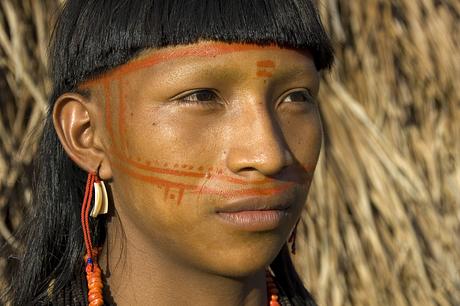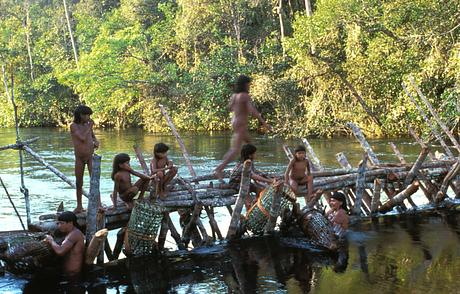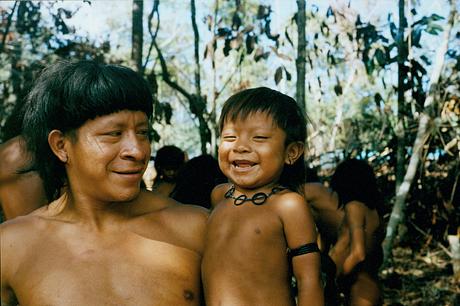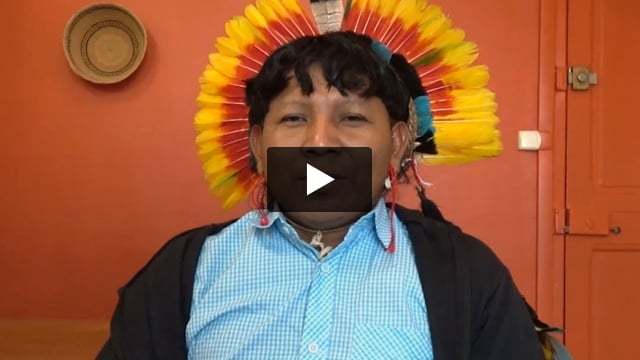Indian youth shot during conflict in Brazil
October 28, 2015

This page was last updated in 2015 and may contain language which is now outdated.
A 19-year old Indian was shot in the chest on Saturday by armed men. Emergency services rushed him to hospital in the state capital where he is in a critical condition and waiting for surgery.
Daliyamali is a member of the Enawene Nawe, a tribe which came into sustained contact with non-Indigenous society in 1974 and today numbers about 670 people.
The shooting happened when a group of Enawene Nawe Indians travelled to the town of Brasnorte to protest against a group of truckers and ranchers who had blockaded the road into the town to prevent the tribe from entering it.
There was a stand-off and as tensions flared some men started to shoot at the Indians who responded by firing arrows.
For several months the Enawene Nawe have charged a toll for vehicles crossing a bridge across the Juruena river, as a protest against the authorities’ failure to maintain a road to their land which is used to evacuate the Indians in emergencies.
In retaliation, some truckers and ranchers decided to block the road to Brasnorte to prevent the Indians from entering the town, where they come to buy essential goods.
The Enawene Nawe’s fish stocks have fallen drastically due to a series of hydro-electric dams which are being built along the Juruena river. Since 2009 the authorities have had to transport tons of frozen fish to the tribe’s village on several occasions. Fish are vital to the Enawene Nawe as they do not eat red meat.
The tribe is campaigning to regain part of its ancestral land called Adowina (“Black River”), which has been occupied by cattle ranchers for years. Adowina is a key fishing site where every year the Enawene Nawe build intricate wooden dams along which they place large baskets to trap the fish.

The fish are smoked and taken back to the village where elaborate ceremonies, called yakwa, are performed and food is ritually exchanged with the spirit world.
In 2010 yakwa was recognized as part of Brazil’s national heritage and UNESCO recognized it as one of humanity’s “priceless treasures.” However as there are no fish, this important ceremony risks being abandoned.
Public prosecutors have ordered FUNAI, Brazil’s Indigenous affairs department, to speed up the demarcation of the Adowina. But the recognition of Indigenous territories has been paralyzed as Brazil’s powerful agri-business sector and many politicians are campaigning to weaken Indigenous rights.




